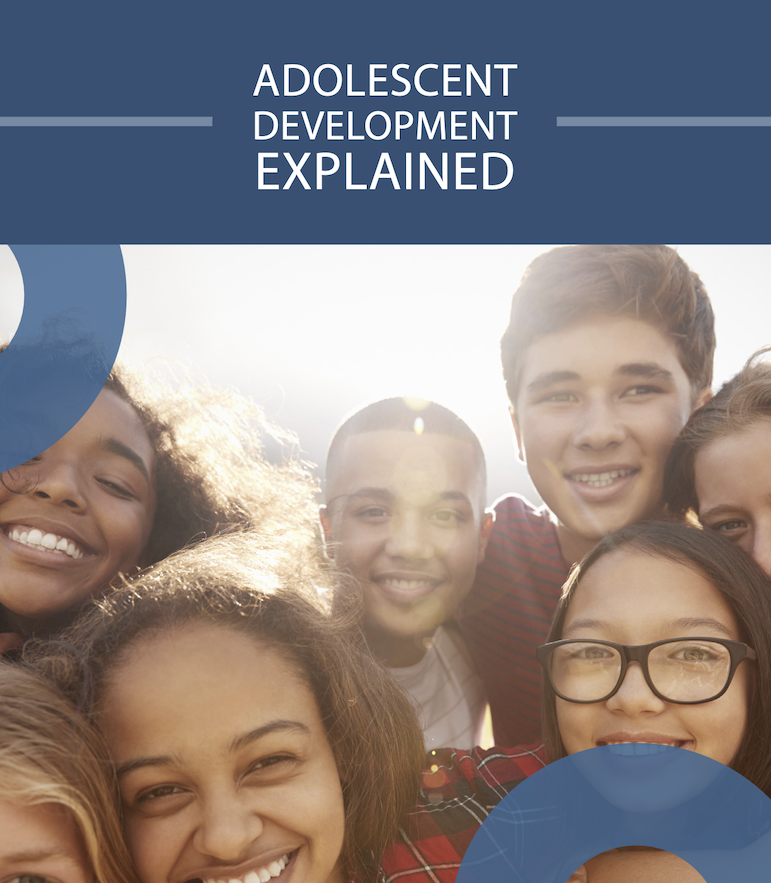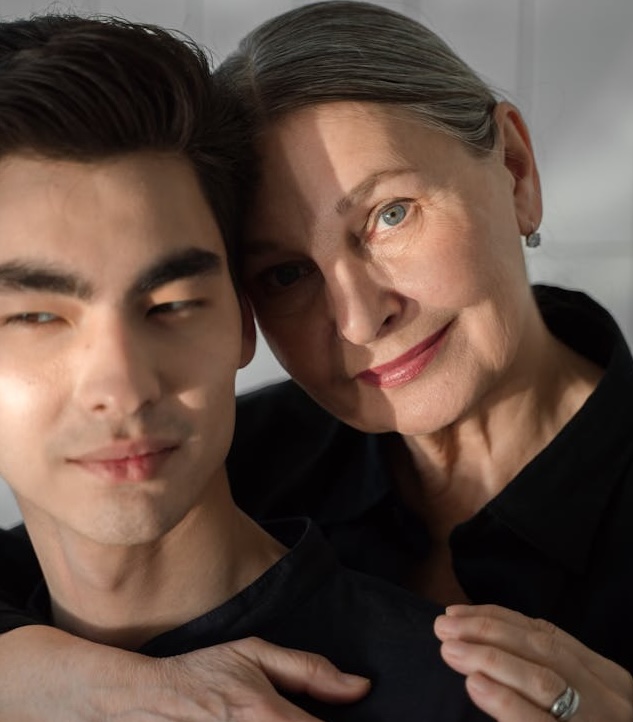Asian American / Pacific Islander Communities and Mental Health
 It’s important to recognize that the term “AAPI” (Asian American / Pacific Islander) encompasses a wide range of countries, ethnicities, nationalities, and identities. Many different communities within AAPI label face their own unique challenges: from the trauma faced by those who survived wars in Laos, Cambodia, and Vietnam; Japanese Americans who remember the internment camps of the WW2 era; or the anxiety felt by the children of first-generation immigrants to reconcile their cultural heritage with American life. Read more »
It’s important to recognize that the term “AAPI” (Asian American / Pacific Islander) encompasses a wide range of countries, ethnicities, nationalities, and identities. Many different communities within AAPI label face their own unique challenges: from the trauma faced by those who survived wars in Laos, Cambodia, and Vietnam; Japanese Americans who remember the internment camps of the WW2 era; or the anxiety felt by the children of first-generation immigrants to reconcile their cultural heritage with American life. Read more »


 Anti-Asian rhetoric and incidents have been on the rise in recent years, spurred on by the COVID-19 pandemic.
Anti-Asian rhetoric and incidents have been on the rise in recent years, spurred on by the COVID-19 pandemic.
 Mental health stigma affects all ethnicities, cultures, and nationalities, but Asian Americans may be more impacted than most.
Mental health stigma affects all ethnicities, cultures, and nationalities, but Asian Americans may be more impacted than most.
 In this podcast from the
In this podcast from the 
 Adolescence is a time of enormous transition. Although adolescence may appear to be a turbulent time, it is also a period of great potential as young people engage more deeply with the world around them. Adolescents typically grow physically, try new activities, begin to think more critically, and develop more varied and complex relationships.
Adolescence is a time of enormous transition. Although adolescence may appear to be a turbulent time, it is also a period of great potential as young people engage more deeply with the world around them. Adolescents typically grow physically, try new activities, begin to think more critically, and develop more varied and complex relationships. 
 For the parents of a teenager, adolescence can be a challenging time. But to a brain scientist, it’s a marvel.
For the parents of a teenager, adolescence can be a challenging time. But to a brain scientist, it’s a marvel.
 Important conversations with teenagers are among the biggest
Important conversations with teenagers are among the biggest 
 Each year thousands of teenagers experience the death of someone they love. When a parent, sibling, friend or relative dies, teens feel the overwhelming loss of someone who helped shape their self-identities. And these feelings about the death become a part of their lives forever.
Each year thousands of teenagers experience the death of someone they love. When a parent, sibling, friend or relative dies, teens feel the overwhelming loss of someone who helped shape their self-identities. And these feelings about the death become a part of their lives forever. 
 For many adults, talking about death is difficult. When we speak to our own teenagers about the death of a peer, family member or teacher, it can be even harder.
For many adults, talking about death is difficult. When we speak to our own teenagers about the death of a peer, family member or teacher, it can be even harder. 
 In our work with teenagers, we’ve learned that teens respond better to adults who choose to be companions on the grief journey rather than direct it. We have also discovered that adult companions need to be aware of their own grief issues and journeys because their experiences and beliefs impact the way they relate to teens.
In our work with teenagers, we’ve learned that teens respond better to adults who choose to be companions on the grief journey rather than direct it. We have also discovered that adult companions need to be aware of their own grief issues and journeys because their experiences and beliefs impact the way they relate to teens. 

